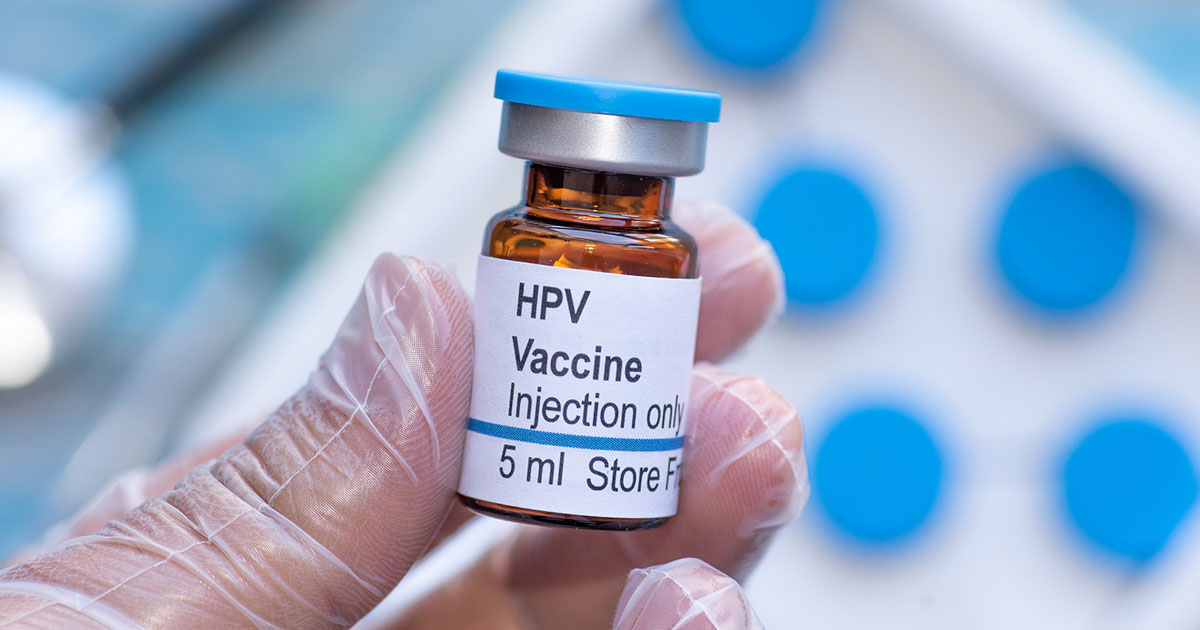(3 minutes read)
Cervical cancer ranks as the second most frequent cancer among women in Ghana. Globally it is the fourth most common cancer among women, with an estimated 604,000 new cases and 342,000 deaths in 2020. Despite evidence that HPV vaccines can reduce the incidence of cervical cancer by nearly 90 per cent, coverage of the HPV vaccination has declined to only 12 per cent.
Cervical cancer ranks as the second most frequent cancer among women in Ghana. Globally it is the fourth most common cancer among women, with an estimated 604,000 new cases and 342,000 deaths in 2020. Despite evidence that HPV vaccines can reduce the incidence of cervical cancer by nearly 90 per cent, coverage of the HPV vaccination has declined to only 12 per cent.
Only the childhood immunization that Ghana runs and yet to start anything rigorous for cervical cancer vaccination, which is purely financial. Even the childhood vaccines were out of supply for some time. It all has to do with money and the nation’s priorities. Because of the exchange rate, a single dose of HPV vaccine in some private hospitals costs between GH¢1,000 and GH¢1,200. For an individual to be fully vaccinated, she needs three doses of the vaccines available in Ghana, which cover four of the viruses at a cost of GH¢3,000 or more
HPV vaccines are not part of Ghana’s nationwide childhood immunization programme. It is an individualized vaccination for women who prioritize their health and well-being. Elsewhere, the vaccination is free for teenagers, and this makes it mandatory for them to get vaccinated; nevertheless, in Ghana, it costs thousands of cedis to be fully vaccinated at designated private health centers, and occasionally they are unavailable.
According to the Catalan Institute of Oncology (ICO) and the International Agency for Research on Cancer (IARC) HPV Information Centre, Ghana has a population of 10.6 million women aged 15 years and older who are at risk of developing cervical cancer. The Centre indicates that current estimates show that 2,797 women are diagnosed with cervical cancer every year and 1,699 die from the disease.
Read Also:
https://trendsnafrica.com/ghana-gears-to-achieve-self-sufficiency-in-vaccine/
https://trendsnafrica.com/kamala-harris-promises-us-100-million-to-ghana/
https://trendsnafrica.com/ghana-to-promote-private-sectors-involvement-in-medical-insurance/
The main challenge is that the HPV vaccine is not among the routine vaccines provided free by the Ghana Health Service and the Ministry of Health; individuals buy the vaccines themselves. To make matters worse, the government does not import them, so the prices are high. Despite the fact that we are educating the public, people are not keen to go for it because of the cost per dosage, says Joana Nyame, the Executive Director of the Global Cervical Charity Foundation.
A national policy that can drastically reduce the cost of HPV vaccines and bridge the accessibility barriers for young girls and women to be fully vaccinated against cervical cancer.
As the WHO continues to encourage HPV vaccination, commercial institutions can consider it a Corporate Social Responsibility initiative to provide HPV vaccines for young girls, especially in rural areas, to reduce the risk of premature deaths and make Ghana a cervical cancer-free nation.





